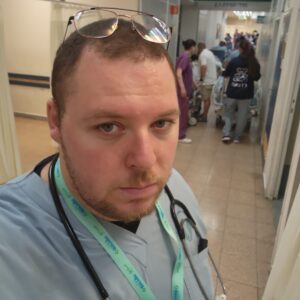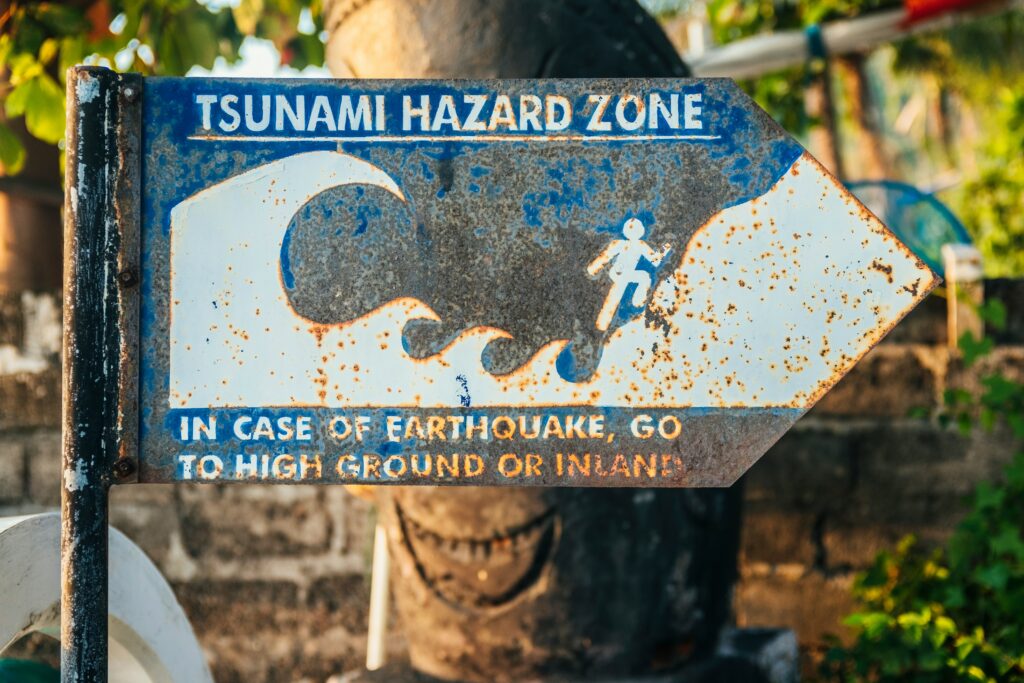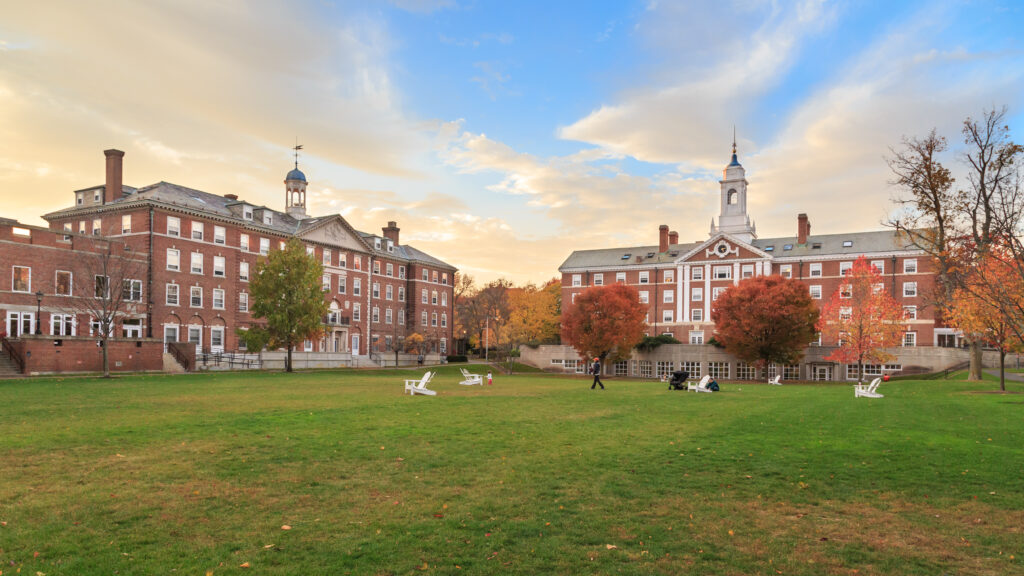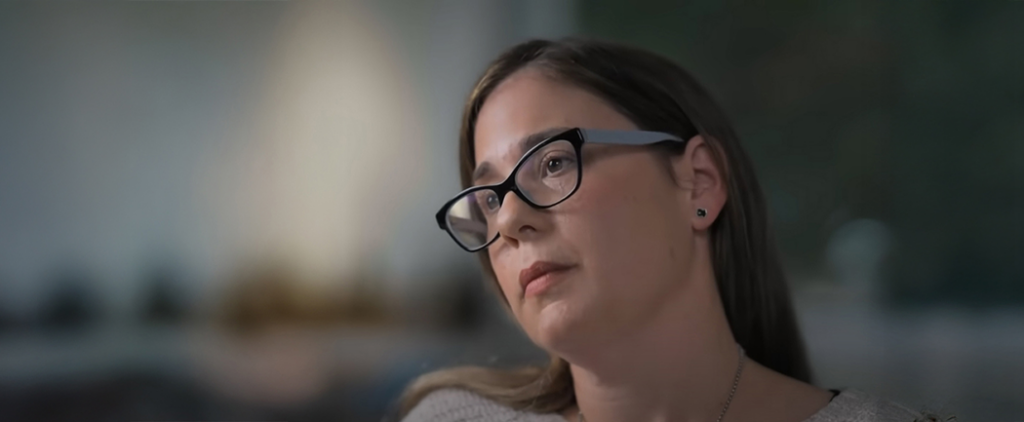
BGU Students Answered The Call To Help On October 7
BGU Students Answered The Call To Help On October 7
July 9, 2024
Current events, Medical Research

Eyal Pasternak, a Ben-Gurion University of the Negev medical student, in a crowded hospital corridor following the Oct. 7 attacks.
Times of San Diego – “Before October 7, I was having a hard time persuading people about the need for training students in surgery at-large and particularly in trauma training,” recalled Dr. Zvi Perry, a senior surgeon at Soroka University Medical Center and Ben-Gurion University of the Negev (BGU) senior lecturer and alumnus. A typical student at Ben-Gurion University of the Negev’s (BGU) Medical School for International Health wouldn’t be drawn to studying subjects such as the impact of traumatic injuries or how to respond to mass-casualty events. According to their line of thinking, why bother mastering those skills if you aren’t going to pursue a career as a trauma surgeon?
October 7 dramatically changed their outlook as students suddenly entered the operating theater at the most sensitive and urgent possible moment.
Soroka University Medical Center found itself short-staffed due to the large portion of its staff that was immediately summoned to reserve duty in the Israel Defense Forces following the attacks. From an emergency medicine perspective, “You found yourself in the middle of the worst nightmare you could possibly envision, with a lot less resources than you’d normally have,” Dr. Perry said.
Sixth-year BGU medical student Eyal Pasternak was one of the 500 student volunteers at Soroka University Medical Center immediately following the October 7th attacks. “Already on Saturday, when the sirens started, students from the Faculty of Health Sciences — from medicine, nursing, emergency medicine, and more — with no coordination, simply left their houses and went to the Soroka Hospital ER to see how they could help,” Pasternak said. “They integrated into the hospital’s medical teams and took part in saving the lives of casualties, and even participated in emergency surgeries. We helped treat hundreds of wounded; we performed actions that helped save lives. The sights and smells will never leave us, but precisely because of this, we will be better practitioners. We’ve had our baptism of fire and survived; the people of Israel will get through this, too.”
What Pasternak touches on is the theme of resilience, an attribute that has driven Israeli society’s recovery from the Oct. 7 attacks and particularly defines Ben-Gurion University’s role in the country’s recovery and rebuilding process. Given its location in the South of Israel, the university’s community has been disproportionately impacted by the Oct. 7 atrocities compared to other universities in Israel, in terms of the number of students, faculty, and staff who were killed, wounded, kidnapped, and called to reserve duty with the Israel Defense Forces.
“On October 6, it was already evident that the future of Israel is in the South and that BGU would drive that future. On October 7, BGU’s community was disproportionately affected by the attacks. In the days that followed, the University began demonstrating just how vital it is to the remarkable resilience of the entire nation,” said Doug Seserman, CEO of Americans for Ben-Gurion University (A4BGU).
Currently, A4BGU is galvanizing American supporters of the University into action through “Way Forward,” a $1 billion global fundraising campaign to strengthen the future of Israel through its South, with the university as the region’s anchor institution and engine for growth.
Moving forward, BGU understands that practice makes perfect. Accordingly, the medical school will continue to train the next generation of medical professionals prepared to serve on the front-lines of mass-casualty events and other crises.



